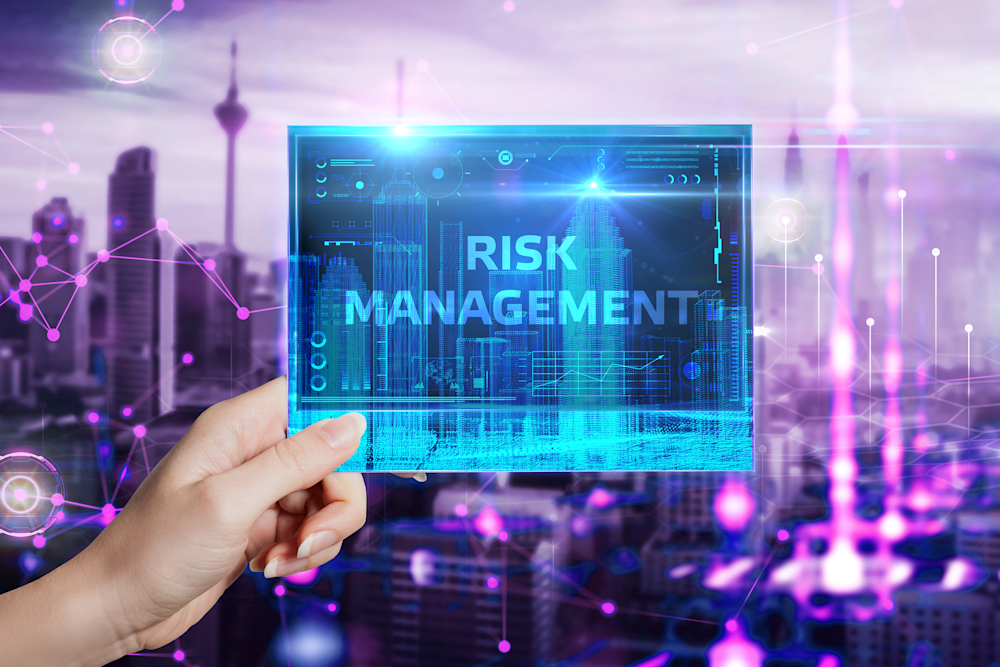Risk is an inherent aspect of all organizations, and expertise in risk management offers opportunities to develop and execute risk-mitigating strategies to meet organizational strategies and KPIs and experience increased success.
Chief risk officers, risk analysts, and risk managers thoroughly analyze business operations, processes, and objectives and pinpoint where risks could arise. By implementing a solid enterprise risk management (ERM) framework, they can support strategic decision-making and expansion goals and enable executives to make informed decisions.
Risk professionals serve a crucial function within the organization, advising on strategic decisions that will protect and exceed company objectives.
Pursuing a career in risk management opens the door to a wide range of jobs in the public and private sectors. It enables you to add significant value to the organization regarding threats and opportunities.
The field of risk management is dynamic and growing, with a strong demand for skilled professionals. Effective risk management professionals also play a pivotal role in achieving organizational success.

Risk management is a dynamic field
A career in risk management presents various opportunities across a range of industries. It involves a comprehensive analysis of organizational processes, strategies, and objectives; identification of potential risks; and development of strategies to mitigate them.
Effective risk management provides businesses with valuable risk assurance, which opens significant career growth opportunities for risk management professionals.
Managing risks is essential to organizational performance and the broader business strategy. Risk management professionals must navigate internal and external stimuli and ensure organizations adopt a risk management framework that is dynamic and flexible.
In the current environment, organizations are intensifying their focus on risk. The risk landscape is evolving, and the biggest challenges in risk management for 2023 involve environmental, social, and governance (ESG) factors, cyberattacks, and supply chain disruptions.
Embarking on a career in risk management can provide an opportunity to make a meaningful impact in an organization. You’ll analyze data and trusted resources, enabling you to make informed decisions and recommendations across all levels of your organization. You’ll also advise leaders about how they can improve enterprise risk management.

Your core responsibilities can include the following:
Analyzing and monitoring historical trends and shifts in the external environment, such as regulations, industry trends, and geopolitical events.
Working across assurance teams to collect information on risks and provide high-quality recommendations to top-level executives.
Staying informed on applicable laws, regulations, and standards, such as SOX and ISO 31000, to ensure compliance and mitigate regulatory risks.
Risk management requires critical thinking, problem-solving skills, and adaptability. You will also need to be able to identify blind spots in your organization.

Risk management is in high demand
As companies and organizations face increasing regulatory pressures related to issues such as cybersecurity and ESG and potential risks, leaders realize that their organizations need highly skilled and versatile professionals that enable the organization to make quick decisions and execute appropriate and effective responses to risk.
Risk management is a finance career path with many opportunities for advancement, including management and executive-level positions. Pursuing a career in risk management places you at the heart of critical business decisions. As you identify, assess, mitigate, measure, and monitor risks, you can facilitate informed decision-making within the organization.
There are various frameworks and methodologies used in the field of risk management, including the Committee of Sponsoring Organizations of the Treadway Commission Framework (COSO). The COSO ERM Integrated Framework is widely recognized and provides guidance on how to design, implement, and assess internal controls in an organization. Understand the concepts and principles of the updated ERM framework through the COSO Enterprise Risk Management Certificate Program.
Identifying risks and transforming them into opportunities is crucial for organizations to achieve long-term sustainability. Risk management is vital to business growth as it enables leadership to make informed decisions that benefit the organization.
Risk mitigation professionals provide decision-makers with accurate and timely information about potential risks that will support the organization in ensuring regulatory compliance and protecting the organization's reputation.